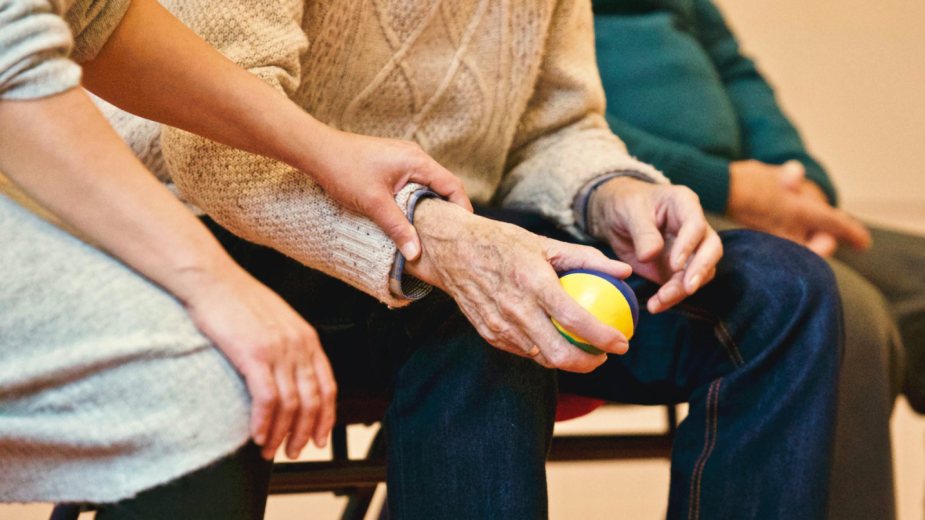When Is It Time for Assisted Living?
As children we think our parents will live forever. There will come a day when we, as adults, need to care for our parents as though they were children. Life comes full circle.
It’s a difficult conversation to have, but at some point our aging parents may need to move into an assisted living community. If mom or dad can no longer adequately care for himself/herself, then decisions need to be made. It may seem easy and objective to make such a decision. However, when their autonomy is at stake, the waters muddy.
What type of objective conversation can you have with your aging parent? How can you help them understand the situation and minimize emotion in an emotional situation?
One way to objectively evaluate the needs of an aging loved one is to employ the Katz Index of Independence in Activities of Daily Living, commonly referred to as the “Katz ADL.” This system was developed by Dr. Sidney Katz in the late 1950s to help others in the profession score the basic activities and routines of daily life.
Based upon the score, a plan of action can be developed in partnership with your chosen care provider.
According to the National Council for Aging Care, there are six main activities to score in the Katz ADL.
The activities to score include:
• Bathing
• Dressing
• Toileting
• Transferring (the ability to get in and out of bed)
• Continence
• Feeding
The care provider typically scores each activity above with either a zero or a one. A one means the task can be completed independently, a zero means it cannot.
After each activity is scored, the total result is a number between zero and six. A score of six indicates full function and independence for each criteria. A score of four indicates moderate impairment and a two or less indicates severe functional impairment.
There is no one-size-fits-all approach. Each situation is unique and may require additional considerations. For example, your parent may have scored between four and six, but you’re still not comfortable with them on their own.
At this point, you can administer the IADL, which are the instrumental activities of daily living. These include:
• Paying the bills
• Cleaning the house
• Cooking food for yourself
• Being able to transport yourself outside of the house
• Socializing
Using this additional level of evaluation gets the conversation started with your parent(s) and can help you engage the right level of home health care or visiting provider.
Please note, there tend to be gender differences in the scale for the IADL, as with this generation, many men did not have to cook and clean for themselves ever.
For individuals scoring less than four on the Katz ADL, these are immediate candidates for a care plan with a trusted provider. Regardless of the score on the Katz ADL, Windsor House has a continuum of care options and would be glad to provide an assessment for your parent.
Windsor Home Health staff works in partnership with each family to give the peace of mind your parents deserve.
Home health care is skilled services provided in the home, according to a specific plan of care, to aid in the treatment of an illness, injury, or to aid with post-surgical procedures. Skilled staff help patients increase their ability to tend to their everyday needs, while remaining in the comfort of their own home or assisted living community.
Windsor House Inc. is a family owned and operated health care provider that has been serving the Mahoning Valley for over 60 years. The company owns and operates 12 nursing homes and five assisted living communities in northeastern Ohio and western Pennsylvania. To learn more, visit WindsorHouseInc.com, or follow the company on Facebook, Twitter, YouTube and LinkedIn.
Copyright 2024 The Business Journal, Youngstown, Ohio.



